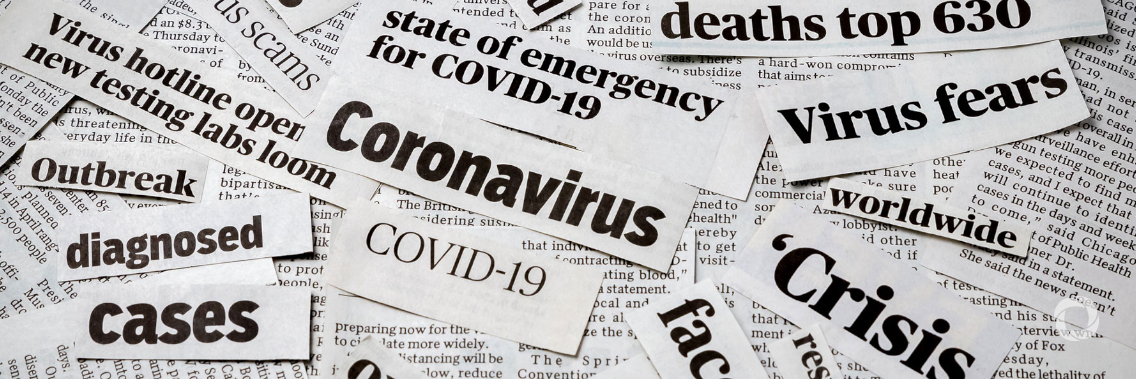Unreliable and false information is spreading around the world to such an extent, that some commentators are now referring to the new avalanche of misinformation that’s accompanied the COVID-19 pandemic as a ‘disinfodemic’.
And fears are growing that this phenomenon is putting lives at risk, prompting some with symptoms to try unproven remedies in the hope of ‘curing’ themselves. UNESCO, the UN Educational, Scientific and Cultural Organization, is leading efforts to counter falsehoods and promote the facts about the virus.
Well before the outbreak of the virus, UNESCO was issuing warnings of the impact that political, technological, economic, and social transformation has had on how we exchange information in recent years, referring to the “contamination” caused by some orchestrated misinformation campaigns, which pose a threat to fact-based journalism and, particularly during the current pandemic, people’s lives.
“There seems to be barely an area left untouched by disinformation in relation to the COVID-19 crisis, ranging from the origin of the coronavirus, through to unproven prevention and ‘cures’, and encompassing responses by governments, companies, celebrities and others,” said Guy Berger Director for Policies and Strategies regarding Communication and Information at UNESCO
When disinformation is repeated and amplified, including by influential people, the grave danger is that information which is based on truth, ends up having only marginal impact.
Because of the scale of the problem, the World Health Organization (WHO), which is leading the UN’s response to the pandemic, has added a “mythbusters” section to its online coronavirus advice pages. It refutes a staggering array of myths, including claims that drinking potent alcoholic drinks, exposure to high temperatures, or conversely, cold weather, can kill the virus.
The UNESCO official also pointed to a more harmful example of disinformation: encouraging the taking of medication, approved for other purposes, but not yet clinically proven as being effective against COVID-19.
Sadly, says Mr. Berger, some have capitalized on the pandemic, to spread disinformation for the purposes of advancing their own agendas:
“The motives for spreading disinformation are many, and include political aims, self-promotion, and attracting attention as part of a business model. Those who do so, play on emotions, fears, prejudices and ignorance, and claim to bring meaning and certainty to a reality that is complex, challenging and fast-changing.”
But, he adds, not everyone responsible for spreading untruths is doing so maliciously. Well-intentioned people are also uncritically circulating dubious content.
There is a need to improve the supply of truthful information and ensure that the demand is met.
UNESCO, continued Mr. Berger, is particularly urging governments “not to impose restrictions on freedom of expression that can harm the essential role of an independent press, but to recognise journalism as a power against disinformation even when it publicises verified information and informed opinion that annoys those in power. There is a strong case to be made that the media deserves to be recognised and supported by governments as an essential service at this time.”
To satisfy the demand for authoritative facts, UNESCO is circulating as much reliable public health information as possible, via the media, channels, in partnership with agencies like WHO.
Original source: UN News
Published on 13 April 2020

